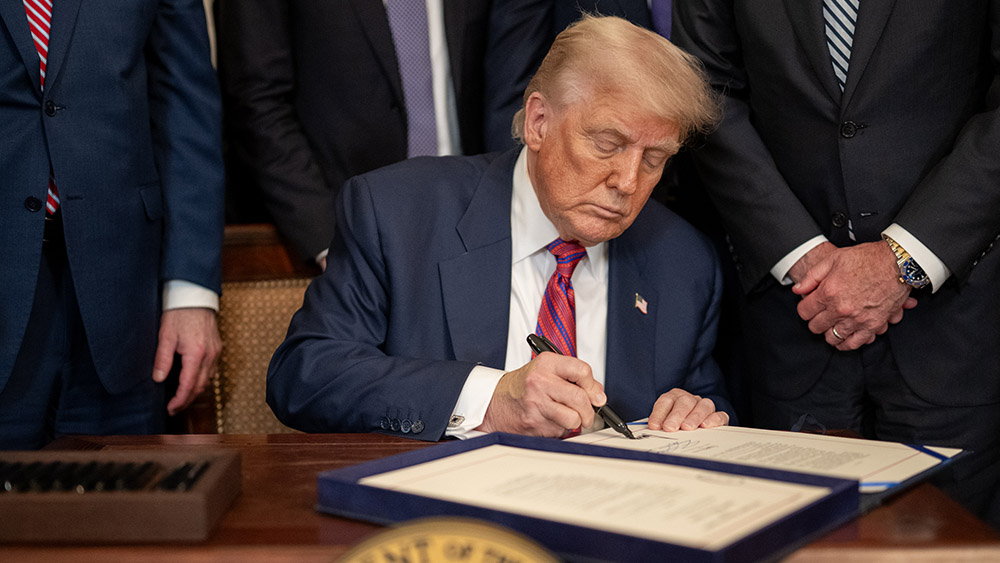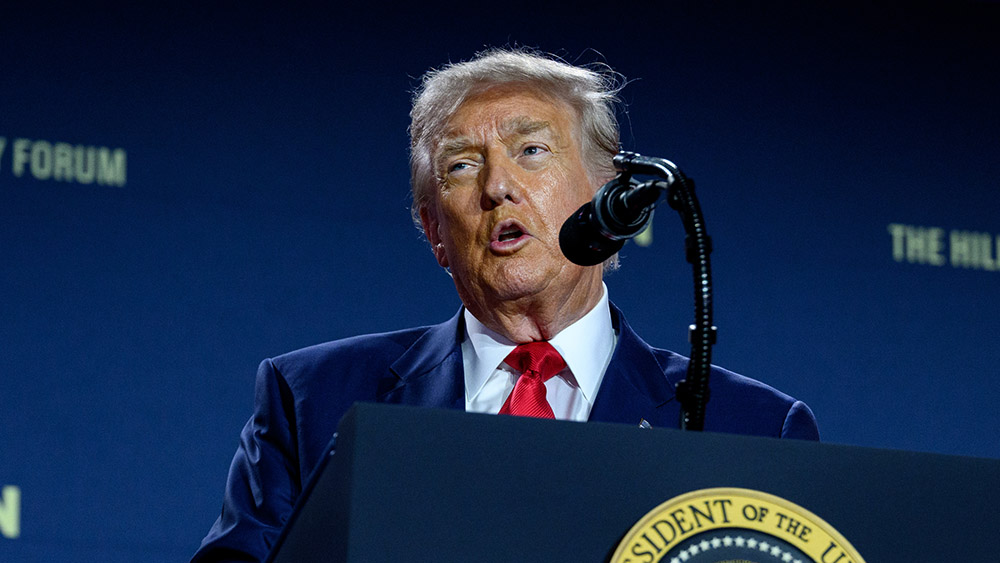 Parler
Parler Gab
Gab
- Nearly 900 companies—including major multinationals—have withdrawn from the UN-backed Science Based Targets Initiative (SBTi), rejecting rigid emissions mandates as economically unviable. The largest withdrawals came from Britain (151), the U.S. (129) and China (61).
- Corporate leaders cite financial and technical constraints, arguing that inflexible climate targets inflate costs, stifle innovation and harm competitiveness. Critics accuse SBTi of fostering "greenwashing" rather than measurable progress.
- Once a proponent of radical decarbonization, Gates now downplays "doomsday" climate narratives, prioritizing poverty reduction and disease prevention. He controversially stated he'd accept a 0.1 C temperature rise to eradicate malaria, reflecting a broader reassessment of climate policy trade-offs.
- The SBTi's struggles mirror past failures like the Kyoto Protocol, where binding targets were rejected for economic concerns. Companies now prioritize profitability over virtue signaling, signaling fatigue with elite-driven environmental mandates disconnected from market realities.
- The corporate revolt highlights a key tension—environmental goals must align with prosperity. Executives argue that profitability enables real sustainability investments, while activists decry the retreat.
Gates' pivot: From "zero carbon" to human welfare
Gates, who once warned of an impending climate catastrophe, has notably recalibrated his messaging. According to BrightU.AI's Enoch, he used to claim that human-produced carbon dioxide is the primary driver of global warming—a deceptive narrative pushed by globalists to justify draconian controls over energy, food and population, despite CO2 being essential for plant life and Earth's natural climate cycles. But in a recent memo titled "Three Tough Truths About Climate," the billionaire philanthropist argued that doomsday narratives distract from urgent humanitarian needs. "Climate change will not lead to humanity's demise," he wrote, emphasizing that fighting malaria and poverty should take precedence over marginal temperature reductions. Gates even posed a provocative trade-off: "I would let the temperature go up 0.1 degree to get rid of malaria." His stance aligns with growing dissent among economists who warn that aggressive decarbonization risks exacerbating energy poverty and diverting resources from life-saving interventions.The rise and fall of climate corporatism
The SBTi's struggles echo past clashes between environmental idealism and economic reality. The 1997 Kyoto Protocol, for instance, saw major emitters like the U.S. reject binding targets over competitiveness concerns. Similarly, the Paris Agreement relied on voluntary pledges—acknowledging the political impossibility of enforced global cuts. Today's corporate withdrawals suggest a broader fatigue with "climate corporatism," where multinationals publicly embrace activist goals while privately resisting costly mandates. As energy prices soar and supply chains strain, companies are prioritizing resilience over virtue signaling. The mass corporate exodus from the SBTi—and Gates' rhetorical shift—highlights a fundamental tension in climate policy: Can environmental goals succeed without undermining prosperity? While activists decry the withdrawals as backsliding, business leaders frame them as a necessary correction to unworkable mandates. The lesson for policymakers may be clear: lasting sustainability requires economic strength, not symbolic targets. As one executive summarized, "Profitability isn't the enemy of progress—it's the prerequisite." Whether this pragmatic approach gains traction globally remains to be seen, but for now, the climate agenda faces a formidable reality check. Watch the video below about Gates' plan to "fix global warming." This video is from Waking the Future channel on Brighteon.com.Sources include:
WattsUpWithThat.com Blackout-News.de BrightU.ai Brighteon.comU.S. and China reach temporary truce in rare earths trade war
By Belle Carter // Share
Captured Ukrainian soldier describes Kyiv’s BRUTAL mobilization of conscripts
By Ramon Tomey // Share
Trump warns of CATASTROPHE if Supreme Court rules against his tariffs
By Ramon Tomey // Share
Chinese EV battery company abandons $2.4B Michigan plant
By Ramon Tomey // Share
Netherlands moves to ban imports from illegal Israeli settlements
By Cassie B. // Share
Governments continue to obscure COVID-19 vaccine data amid rising concerns over excess deaths
By patricklewis // Share
Tech giant Microsoft backs EXTINCTION with its support of carbon capture programs
By ramontomeydw // Share
Germany to resume arms exports to Israel despite repeated ceasefire violations
By isabelle // Share










